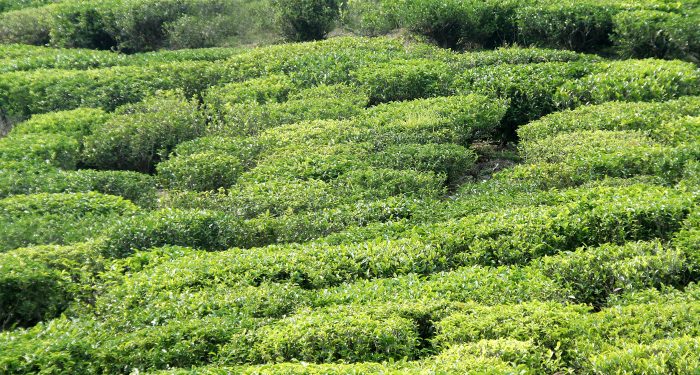Mumbai: Tea production in India is likely to decline 13 per cent in the current calendar year due to restrictions on labour deployment amid the ongoing COVID-19 pandemic. Adverse weather conditions will compound the problem, which will result in an increase in production cost, according to a report.
Factors like restrictions on labour deployment have impacted the bulk tea players in northern India in an unfavourable manner during March, April and May 2020, according to the report by rating agency ICRA.
While there were expectations of production returning to normal levels from June, inclement weather conditions and flooding in Assam in June witnessed crop losses ranging from 15 per cent to 25 per cent, the report added. Some impact of the adverse weather conditions on production is likely to be felt in July as well.
On the other hand, the South Indian production witnessed only a marginal loss during the lockdown period, it said.
The report also said that as tea is a fixed cost-intensive industry, a decline in the crop will substantially increase the cost of production for the NI bulk tea industry.
“As per our estimates, domestic tea production in CY2020 is expected to decline by 13 per cent on a year-on-year basis, with production from North India being estimated to decline by 160-170 million kg (mkg), while production from South India is expected to show only a marginal decline,” ICRA vice-president Kaushik Das said.
“We estimate the cost to increase by Rs 25-30 per kg, that too without considering any increase from the current wage rates,” he added.
The decline in production from NI has substantially pushed up prices at auction centres. Prices, particularly that of CTC teas have rallied by around 30-35 per cent in May and June said the report. However, the current price trends may not be reflective of the full-year trends, the report added.
The crop that has been lost is primarily of the first and second flush, which are the best-quality teas for the year. Such teas are in high demand from packet tea companies to ensure the quality of blend in the packet, the report said. The dearth of such quality tea has resulted in the sharp increase in prices.
Going forward, the ICRA report added that with July being the start of the peak production months in NI, prices are expected to moderate. However, the extent of moderation would depend on the level of demand – both in the domestic as well as export markets, it added.






































